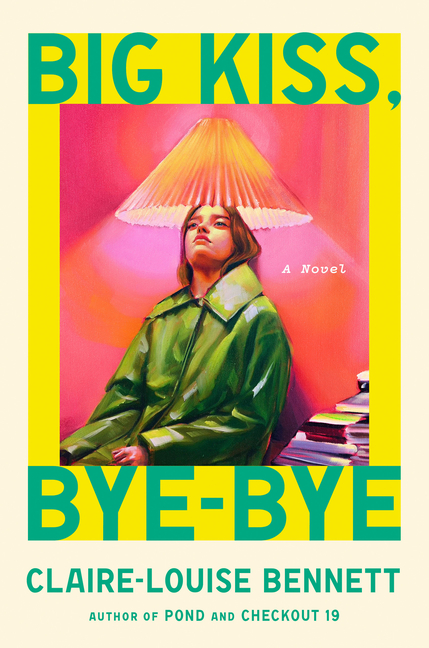Big Kiss, Bye-Bye has a recursive, repercussive logic. Scenes repeat. The book moves through set piece and recollection. The narrator compulsively imagines scenarios, hypothetical conversations, prospective encounters ... The novel, like erotic absorption, risks a kind of airlessness, but Bennett’s prose shimmers with a neo-baroque charisma. Her style is various, flexible and distinctive.
Read Full Review >>

